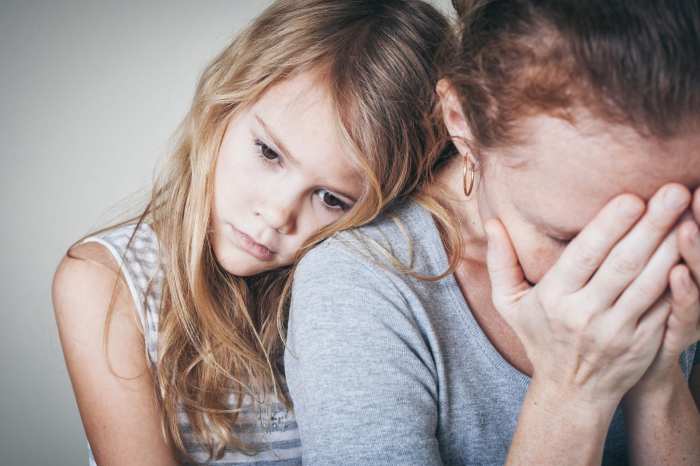DWI with a passenger under 15 is a grave offense that poses severe legal, social, and child endangerment implications. This comprehensive analysis delves into the consequences, risks, and societal impact of this reckless behavior, shedding light on the urgent need for prevention and intervention strategies.
Driving while intoxicated with a child passenger not only violates the law but also jeopardizes the safety and well-being of the young individual. Understanding the legal ramifications, child endangerment risks, and broader social consequences is crucial for responsible driving and protecting vulnerable passengers.
Legal Consequences

Driving while intoxicated (DWI) with a passenger under 15 years old carries severe legal consequences. Drivers can face criminal charges, including:
- Reckless endangerment
- Child endangerment
- Vehicular assault
- Vehicular homicide
Penalties for DWI with a child passenger can include:
- Fines
- Jail time
- License suspension or revocation
- Installation of an ignition interlock device
The severity of the charges and penalties depends on factors such as the driver’s blood alcohol content (BAC), the age of the child passenger, and whether the driver has any prior DWI convictions.
Child Endangerment

DWI with a child passenger poses significant risks to the child’s safety and well-being. Intoxicated drivers have impaired judgment, coordination, and reaction times, which can lead to accidents and injuries.
Children are particularly vulnerable to injury in motor vehicle crashes because their bodies are still developing and they have smaller and weaker bones. They are also more likely to be ejected from a vehicle in a crash.
Drivers have a legal responsibility to ensure the safety of their passengers, especially children. By driving while intoxicated, drivers are putting their passengers at risk.
Social Impact
DWI with a passenger under 15 has a profound impact on society. Children who are exposed to intoxicated driving are more likely to experience trauma, emotional distress, and developmental problems.
Families and communities are also affected by DWI with a child passenger. The emotional and financial toll on families can be devastating. Communities may also experience increased healthcare costs and reduced productivity.
Public awareness campaigns and educational programs are essential for reducing the incidence of DWI with a child passenger. These campaigns can help to educate the public about the dangers of intoxicated driving and the importance of responsible driving.
Prevention and Intervention
Preventing DWI with a passenger under 15 requires a multi-pronged approach involving law enforcement, community organizations, and individuals.
Law enforcement can play a role in prevention through increased patrols and enforcement of DWI laws. Community organizations can provide education and support to families and individuals at risk for DWI.
Individuals can also take steps to prevent DWI with a child passenger by:
- Never driving while intoxicated
- Calling a designated driver or taxi if they have been drinking
- Refusing to ride with a driver who has been drinking
Intervention programs can help to reduce the number of DWI incidents by providing support and treatment to individuals who are struggling with alcohol abuse.
Popular Questions: Dwi With A Passenger Under 15 Is
What are the potential legal consequences of DWI with a passenger under 15?
Penalties can include fines, jail time, license suspension, and enhanced charges if the child is injured or killed.
What are the risks to the child passenger in a DWI situation?
Increased risk of accidents, injuries, emotional trauma, and developmental issues.
How does DWI with a passenger under 15 impact the child’s family and community?
Emotional distress, financial burden, and potential loss of parental care or support.